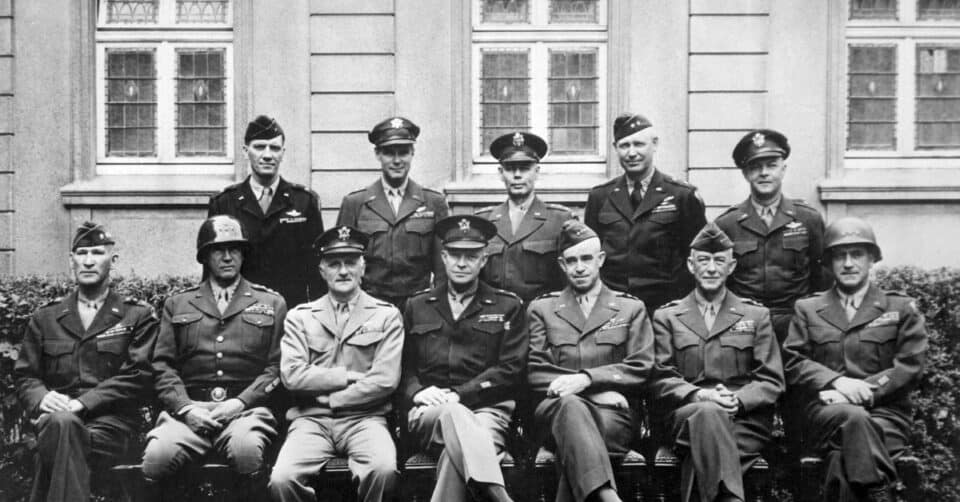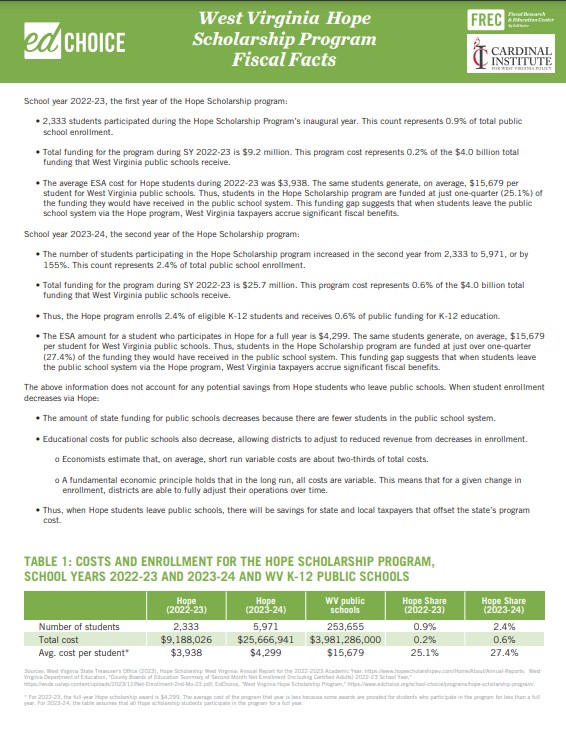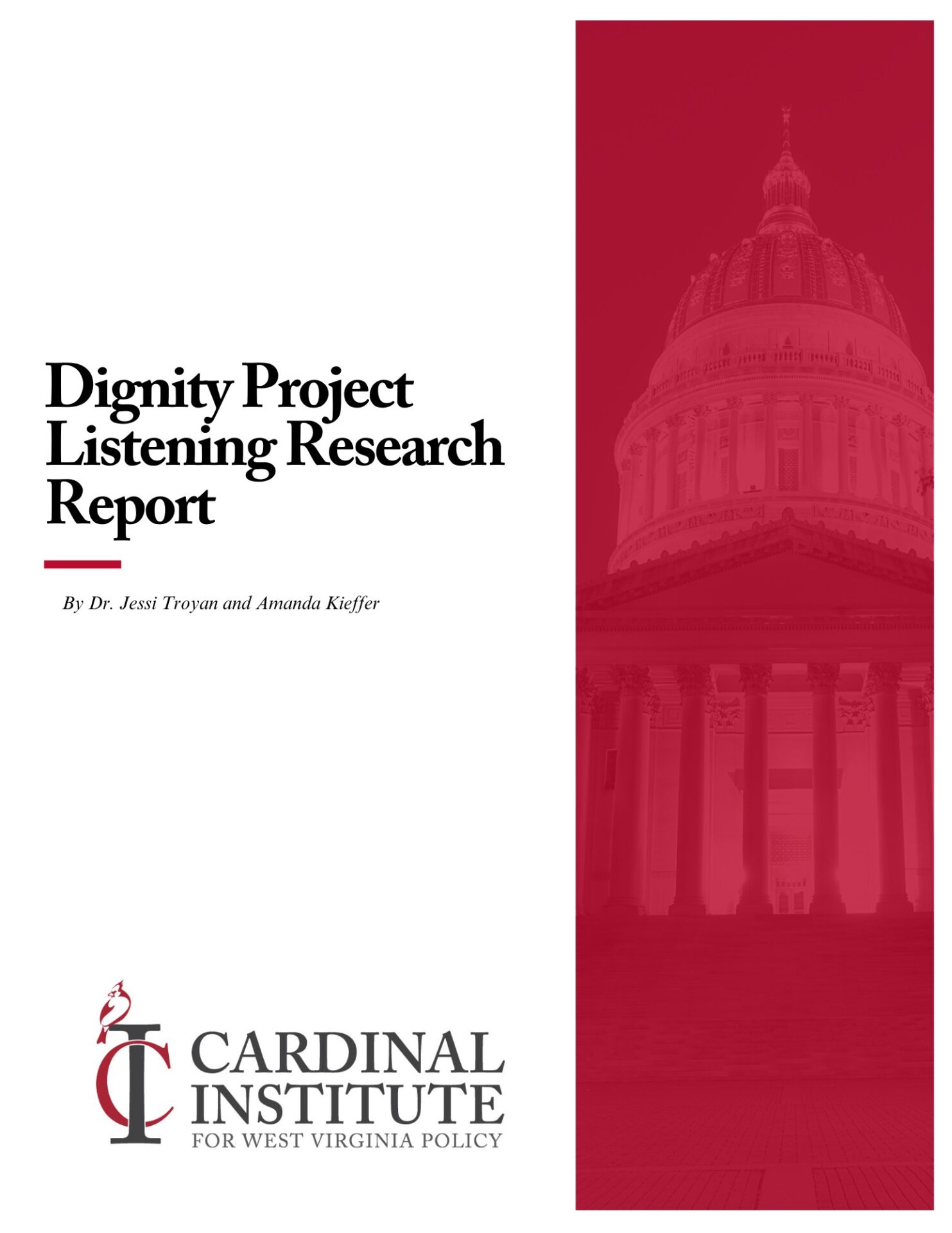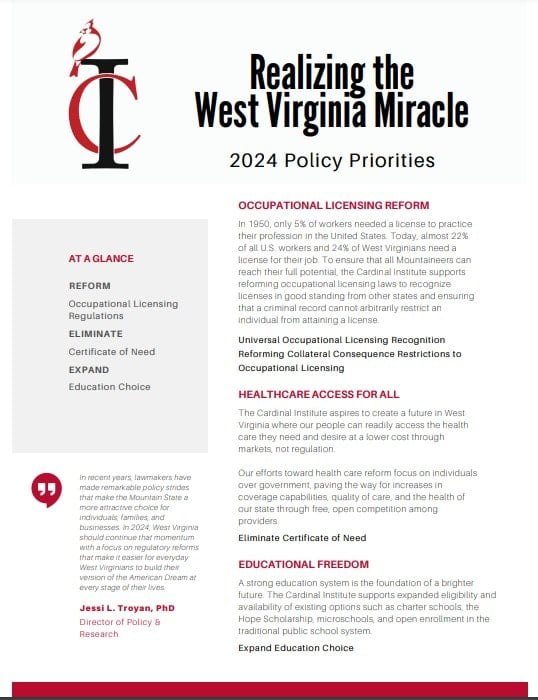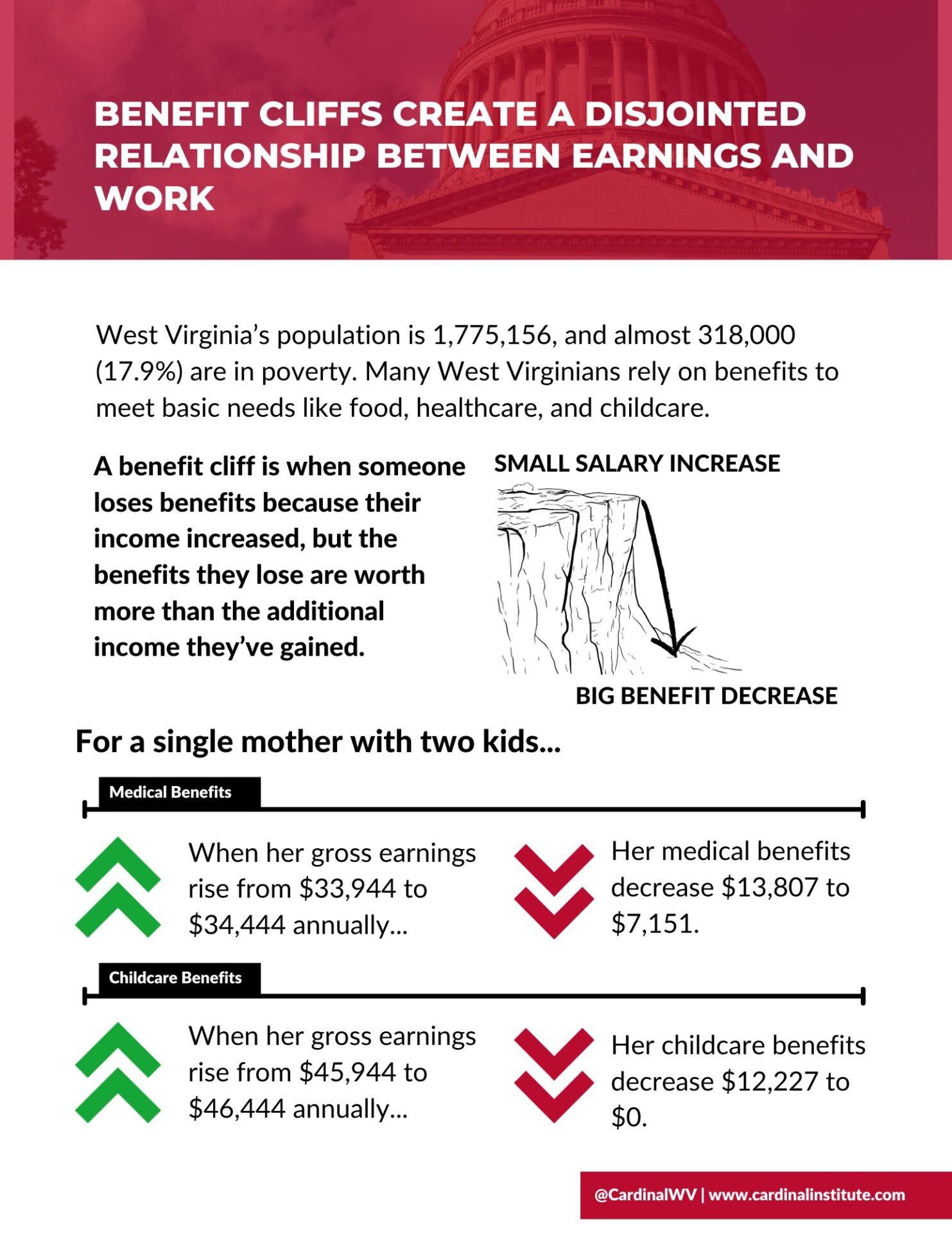Victory for Nonprofit Advocacy: Subpoenas Quashed
Government Bullies Nonprofits
Two nonprofits were harassed by the U.S. government for exercising their rights to engage in social and political issues to further their mission, but a judge put a stop to it after the Cardinal Institute and dozens of others called out this unconstitutional abuse of power.
After the passage of the Vulnerable Child Compassion and Protection Act in Alabama, the U.S. Department of Justice intervened in a lawsuit against the act and served wide-ranging subpoenas against Eagle Forum of Alabama and Southeast Law Institute. The Cardinal Institute joined more than 50 others in fighting back to preserve the right to engage in activism without government bullying. On Oct.24th, the judge in the case agreed that the government had no business subjecting the nonprofits to such burdensome demands for documents—from social media posts to public polling data to “any documents concerning [their] legislative or policy goals” and much, much more.
That was nuts. It was harassment and bullying to punish the nonprofits for exercising basic rights.
Cardinal Institute & Others Step in to Defend Nonprofit Advocacy Rights
In our amicus brief, filed with the inestimable help of Boyden Gray & Associates, 53 organizations, federal and state legislators, and individual citizens argued that the subpoena on Eagle Forum of Alabama sought “constitutionally protected information, with no valid justification—demonstrating the intent to chill protected activity,” that “the government has no legitimate interest in a private nonprofit’s internal documents” in the case, and that the subpoena “does not even pretend to be tailored, confirming the intent to punish protected activity.”
Judge Stands Up for Nonprofits
The judge decided that the subpoenas “seek material outside the scope of discovery” that is “unlikely to reveal or lead to any information that would help resolve the fundamental issue in this case, which is whether Section 4(a)(1)–(3) of the Alabama Vulnerable Child Compassion and Protection Act is constitutional under the Fourteenth Amendment. Thus, the requested material has little—if any—relevance for purposes of discovery. Furthermore, the burden of the requested material greatly outweighs any slight relevance it may have.”
The government tried to get out of its hole by issuing a new subpoena that allegedly narrowed its demands. But the judge saw through it. (We’ve seen this kind of dark move before, recently, when the U.S. Department of Education changed the rules for its student loan bailout plan three times in the hope of mooting legal challenges to its illegal action.) The new subpoena was not a narrowing at all; in fact, the judge noted that the new information demanded by DOJ “does not fit squarely into any of the eleven categories of evidence listed in the [original] subpoenas.”
The new subpoena demands “‘any medical studies or literature referenced in’ the Act’s legislative findings,” the judge noted. But the findings section of SB184 gives exactly zero references—no such references need to be stated explicitly for a law to count, after all. Furthermore, the nonprofits cannot be expected to speculate on what references were used by the legislature or by any particular legislator who agreed with the findings.
The Department of Justice appears to be trying to keep causing trouble and save face after such wild overreach, but it deserves shame for refusing to leave these nonprofits alone. We will be ready the next time it tries to interfere with a nonprofit’s fundamental First Amendment rights of speech and petition.
Adam Kissel is a senior fellow for the Cardinal Institute for West Virginia Policy.




